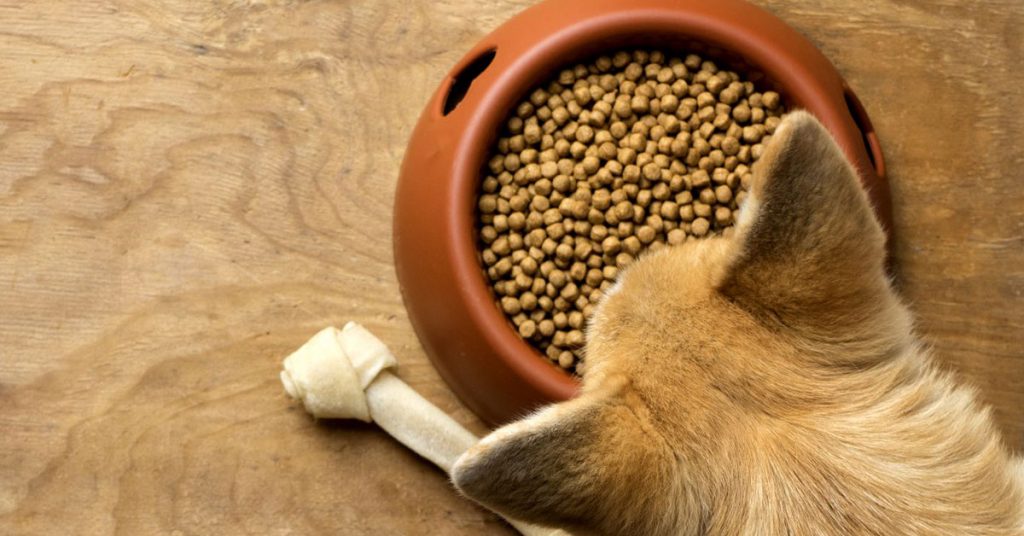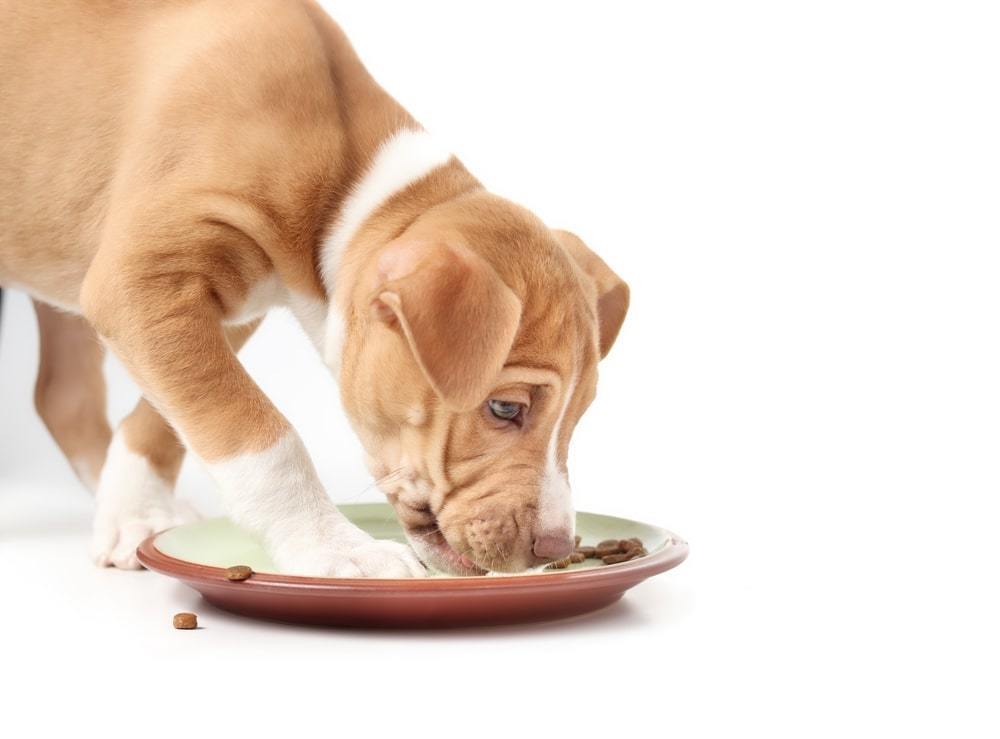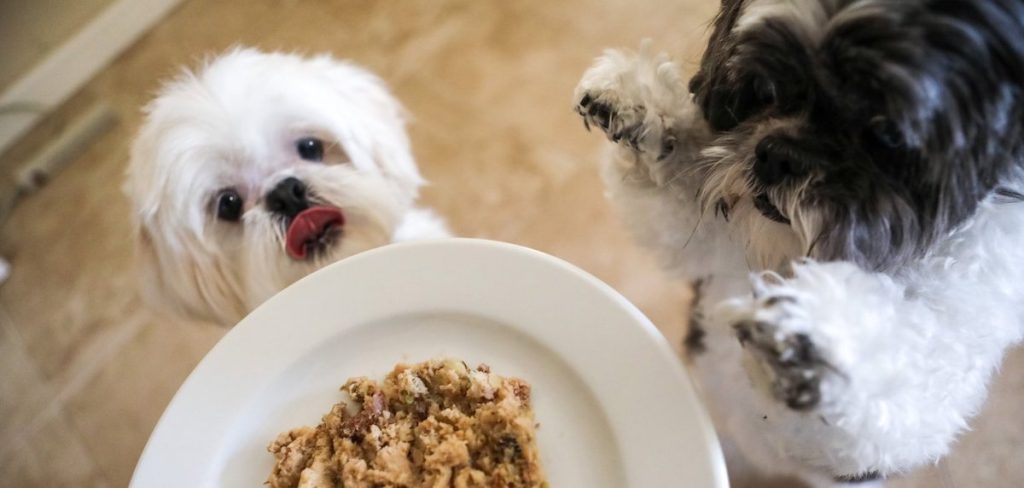Food aggression is a common problem among dogs. It can be a challenging issue to deal with, and if left unaddressed, it can lead to more serious problems. Food aggression is when dogs become possessive or protective of their food, treats, or toys. They may growl, snap, or bite if someone approaches their food or tries to take it away. In this article, we will discuss how to prevent food aggression in your dog.

- Start with Puppy Socialization
One of the most effective ways to prevent food aggression is to start socializing your puppy at an early age. Socialization is the process of exposing your puppy to different people, animals, and environments. It helps them develop confidence and learn how to interact with others.
When socializing your puppy, make sure to expose them to different types of food and feeding situations. For example, feed them in different rooms of the house, in their crate, or outside. This will help them learn that food can come from different sources and that it’s not something to guard or protect.
- Teach Basic Commands
Teaching your dog basic commands like “sit,” “stay,” and “leave it” can help prevent food aggression. These commands will help your dog learn to wait patiently for their food and understand that it’s not their job to protect it. They will also learn to leave food or treats when asked.
Start training your dog with these commands as early as possible. Use positive reinforcement methods, such as treats or praise, to reward good behavior.
- Use Positive Reinforcement
Positive reinforcement is a critical component of training your dog and preventing food aggression. It involves rewarding good behavior with treats, praise, or toys.
When your dog is eating, drop a treat near their bowl. This will help them associate people approaching their food with something positive. Over time, they will learn that people approaching their food is a good thing, and they will be less likely to guard or protect it.

- Avoid Punishment
Punishing your dog for food aggression can make the problem worse. Punishment can make your dog more anxious or fearful, which can lead to more aggressive behavior.
Instead of punishing your dog, focus on positive reinforcement and training. Use treats, praise, and toys to reward good behavior, and avoid any negative or threatening behavior.
- Feed Your Dog Separately
Feeding your dog separately can also help prevent food aggression. Dogs may become aggressive when they feel like they need to compete for food or when they feel threatened.
If you have multiple dogs, feed them in separate rooms or at different times. This will help reduce the competition and make mealtime less stressful.
- Gradually Desensitize Your Dog
Desensitizing your dog to different situations can help prevent food aggression. This involves slowly exposing them to different stimuli, such as people approaching their food.
Start by approaching your dog while they are eating from a distance. Gradually move closer and closer, and reward good behavior with treats or praise. This will help your dog learn that people approaching their food is not a threat.
- Seek Professional Help
If your dog’s food aggression is severe, it may be necessary to seek professional help. A professional dog trainer or behaviorist can help you develop a personalized plan to address the issue.
They may recommend desensitization techniques, behavior modification, or medication to help reduce your dog’s aggression. They can also teach you how to manage the problem and prevent it from getting worse.

Food aggression is a common problem among dogs, but it can be prevented with the right training and management. Start by socializing your puppy early, teaching basic commands, and using positive reinforcement. Avoid punishment and feed your dog separately if you have multiple dogs. Gradually desensitize your dog to different situations, and seek professional help if necessary. With these strategies, you can help prevent food aggression and ensure that mealtime is a stress-free and enjoyable experience for your furry friend.
